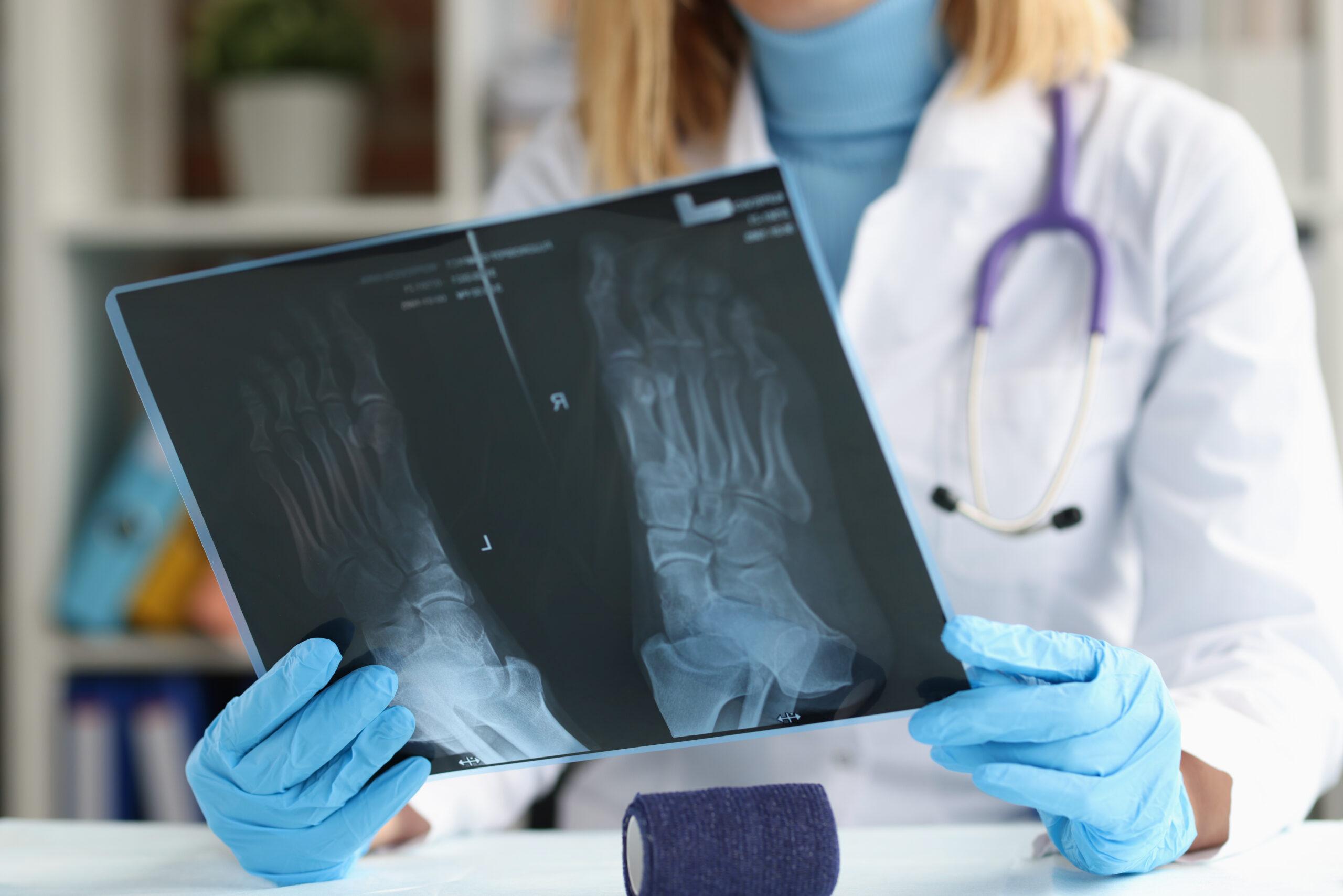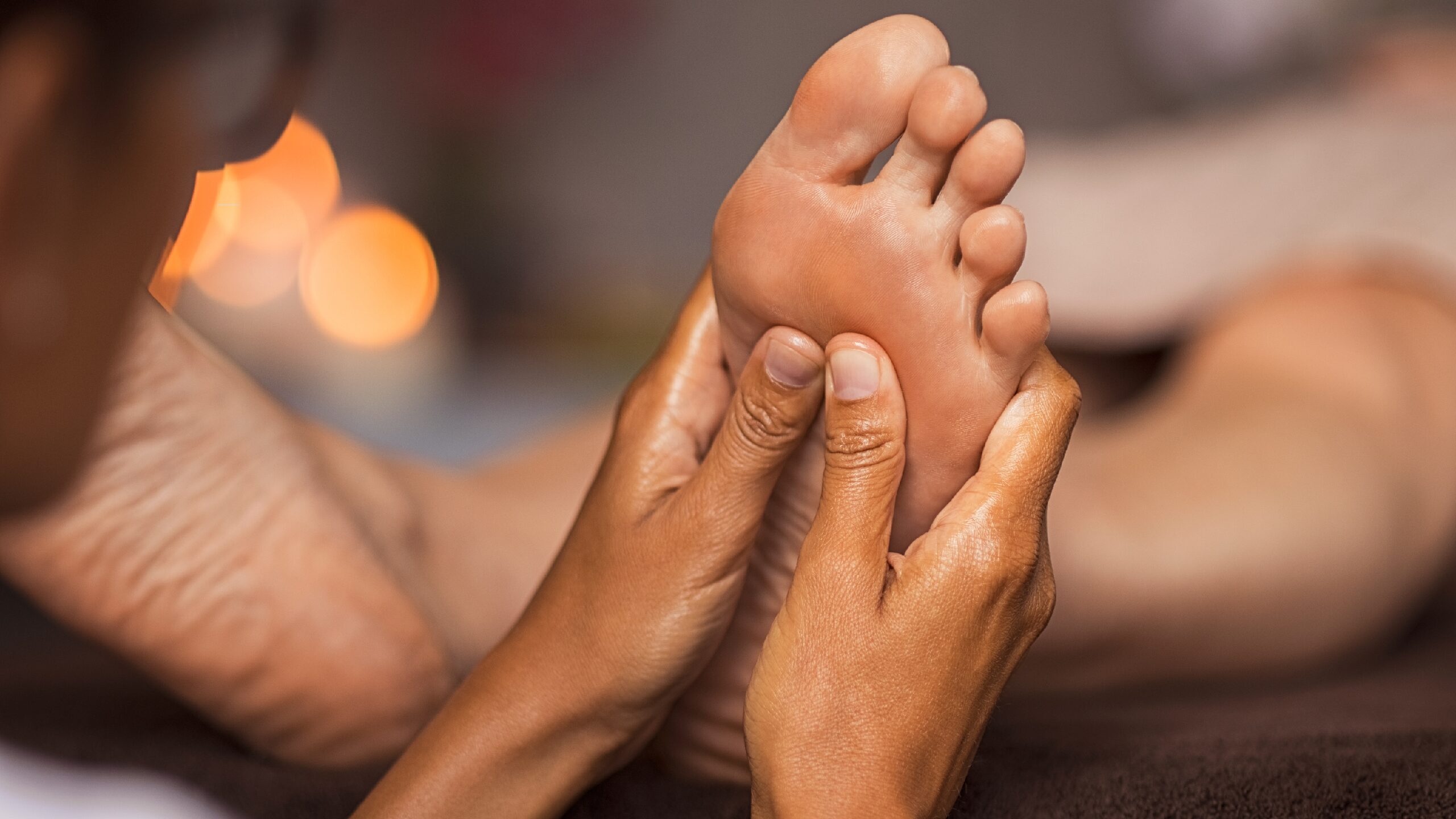
Finding the Right Bone Specialist Doctor Near Me
April 18, 2023Plantar fasciitis is a common foot condition known for causing heel pain and discomfort in the arch of the foot. It occurs when the plantar fascia, a thick band of tissue connecting the heel to the toes, becomes inflamed or strained. While the condition primarily affects the foot, some individuals report pain in other areas, such as the thighs. This leads to the question: can plantar fasciitis cause thigh pain? Let’s examine this connection.
Understanding the Mechanics of Plantar Fasciitis
Plantar fasciitis is typically the result of repetitive stress, overuse, or poor foot mechanics. It is common among runners, individuals who stand for long hours, or those who wear unsupportive footwear. The hallmark symptom is localized heel pain, especially during the first steps of the morning or after prolonged inactivity. However, the way plantar fasciitis affects movement may influence pain in other parts of the body.
The Connection Between Plantar Fasciitis and Thigh Pain
While plantar fasciitis itself doesn’t directly cause thigh pain, there are several ways it can contribute to discomfort in the thighs. These include:
Altered walking patterns
When dealing with foot pain, individuals often unconsciously change the way they walk to reduce discomfort. This altered gait can place additional stress on muscles and joints higher up in the body, including the thighs. Over time, this compensation can lead to muscle fatigue, strain, or even pain in the thighs.
Muscle compensation
The pain caused by plantar fasciitis can force other muscle groups, such as the calves, hamstrings, and quadriceps, to work harder to support movement. This added workload on the thigh muscles can result in soreness or tightness in that area.
Kinetic chain reaction
The human body is a connected system, and issues in one part can lead to problems in another. Plantar fasciitis disrupts the natural mechanics of walking or running, potentially causing a kinetic chain reaction that affects the knees, hips, and thighs.
Other Possible Causes of Thigh Pain
If you experience thigh pain alongside plantar fasciitis, it’s essential to consider other potential causes. These may include:
- Sciatica: Compression of the sciatic nerve can cause pain that radiates from the lower back to the thighs and legs.
- Tight hip flexors or hamstrings: Muscle tightness in the upper legs can contribute to thigh discomfort, particularly during activity.
- Overuse or strain: Engaging in physical activities that overwork the thigh muscles can lead to soreness or pain.
A healthcare professional can help determine whether your thigh pain is related to plantar fasciitis or another condition.
Managing Thigh Pain Related to Plantar Fasciitis
If you suspect your thigh pain is linked to plantar fasciitis, addressing the root cause is crucial. Consider these management strategies:
Focus on plantar fasciitis treatment
Treating the underlying plantar fasciitis is the first step in relieving associated pain. This may include rest, stretching exercises, using supportive footwear or orthotics, and applying ice to the affected area.
Stretch and strengthen muscles
Incorporate stretches and exercises that target the calves, hamstrings, and quadriceps. Keeping these muscles flexible and strong can help reduce compensation-related strain.
Maintain proper posture and gait
Consult a physical therapist or podiatrist to improve your walking and standing posture. They may recommend specific exercises or techniques to correct your gait and reduce the impact on your thighs.
Use massage or foam rolling
Massaging or foam rolling the thighs can alleviate muscle tension and improve blood flow, reducing soreness.
When to See a Doctor
If thigh pain persists or worsens despite addressing plantar fasciitis, it’s essential to consult a healthcare professional. They can assess your condition and recommend additional treatments, such as physical therapy, imaging studies, or pain management strategies.
Can Plantar Fasciitis Cause Thigh Pain: Conclusion
While plantar fasciitis itself does not directly cause thigh pain, the compensatory changes in movement and muscle use it creates can contribute to discomfort in the thighs. Addressing the root cause and taking steps to manage associated symptoms can help restore comfort and mobility. If thigh pain continues to be an issue, seeking medical advice can help uncover other potential causes and guide appropriate treatment.
FAQ
Can plantar fasciitis directly cause thigh pain?
No, plantar fasciitis itself does not directly cause thigh pain. However, the condition can lead to altered walking patterns or muscle compensation, which may result in discomfort in the thighs.
How does plantar fasciitis affect other parts of the body?
Plantar fasciitis can disrupt your natural gait, placing additional stress on muscles and joints in the kinetic chain, including the calves, knees, hips, and thighs.
Why do I feel thigh pain along with plantar fasciitis?
Thigh pain may result from muscle compensation, altered walking posture, or strain in the muscles higher up the leg due to the discomfort caused by plantar fasciitis.
What are other possible causes of thigh pain if I have plantar fasciitis?
Other causes could include sciatica, overuse injuries, tight hip flexors, or hamstrings. A healthcare professional can help identify the exact cause.
How can I relieve thigh pain related to plantar fasciitis?
Focus on treating plantar fasciitis with rest, stretching, and supportive footwear. Additionally, perform stretches and strengthening exercises for the thighs and hips, maintain proper posture, and consider massage or foam rolling.




